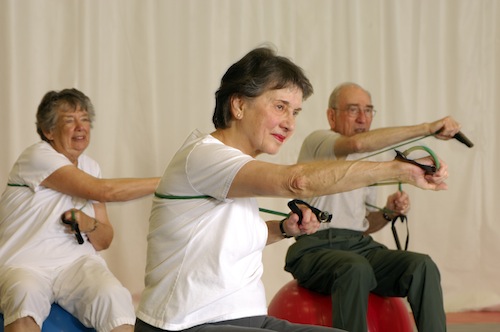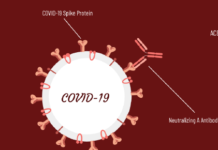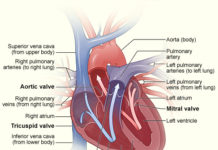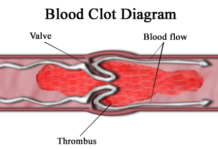We’ve all heard the saying “get up off of that thing and shake till you feel better”, but is there truth to that? Is physical activity the only way to prevent Alzheimer’s, or does mental activities play a role as well?
On April 18, 2012, Neurology, a science journal, published a new study done by the neurological researchers from Rush University Medical Center in Chicago. 
“The results of our study indicate that all physical activities including exercise, as well as other activities such as cooking, washing the dishes, and cleaning. are associated with a reduced risk of Alzheimer’s disease,” said Dr. Aron S. Buchman, lead author.
According to Alzheimer’s Disease Research, around 5.4 million Americans have the Disease. The disease affects the brain, specifically the parts that control the internal monologue, the memory, and a person’s ability to make decisions.
“The disease is characterized by an intellectual deterioration of the personality and the inability to carry out daily activities,” according to the Encyclopedia and Dictionary of Medicine, Nursing, and Allied Health.
Alzheimer’s has various risk factors, including family history, age, and blood pressure, according to the Centers for Disease Control and Prevention (CDC). The disease generally affects people over the age 60, and increases directly with age.
There is no cure for Alzheimer’s disease; however, the Food and Drug Administration has approved five different drugs that can relieve the symptoms of Alzheimer’s for a temporary time.
The new Chicago study was conducted to measure both physical and nonphysical exercise. Buchman had 716 older people without dementia participate. The average age of the participants in the study was 82, and each individual was to wear an actigraph on the hand that they don’t write with for the study, which lasted 10 days. An actigraph is a device that you put on your wrist that monitors both physical and nonphysical activity. The actigraph was important to the study because it proved that physical activity involving exercise and physical activity that didn’t involve exercise were both beneficial.
During the study the participants took tests to determine their progress with both their memory and ability to think. Three and a half years after the study was done, 71 participants were diagnosed with Alzheimer’s. The study showed that the members who were in the bottom ten percentile of physical activity had double the chance of developing Alzheimer’s then those in the top ten percentile. The study also showed that participants in the bottom ten percentile of intense physical activity were three times as likely to develop Alzheimer’s as those in the top ten percentile.
This new study matches a 2003 study from The Albert Einstein College of Medicine in New York that found that dancing prevents dementia. The experiment involved roughly 500 people on various physical activities. However of all the physical activities dancing was the only one that had a prominent affect.
“Dance is not purely physical in many ways, it also requires a lot of mental effort,” said Joseph Verghese, lead researcher in the Einstein Anti-Aging Study. “Certainly among my patients who dance, their posture is different and the way they walk is different, and changes in walking patterns are often symptoms of mental decline.”
The Einstein Anti-Aging Study also showed that various mind games decrease cases of dementia. However, complete physical activities like climbing stairs and swimming have no effect.
According to the CDC, dementia's commonest form is Alzheimer’s. But is there a connection between the two? And why was dancing the only activity that had a positive impact on the brain? Completing a dance routine helps a person’s mental and physical status. Dance allows a person to be themself, let go and relax, as well as relieve stress.
| Related story: Are athletes more likely to avoid breast cancer? |
“People who have Alzheimer’s are very repetitive people, so they benefit from being on a schedule for their daily activities,” said Brenda Zerrer, a licensed practical nurse from the Maxim Nursing Home Health Care Services in O’Fallon, MO. “Also providing music and dance can help resurface their past memories and provide activity to enhance both their physical and mental status.”
Christine Heintzelman, whose father had Alzheimer’s, said, “That he stayed on a daily routine which may or may not have helped him remember his life, however it gave him a sense of security.” Samantha Marre

This work is licensed under a Creative Commons Attribution-NonCommercial-NoDerivs 3.0 Unported License













